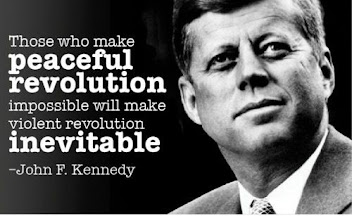The Amazing Grace Kelly, whom I call Grace Kelly, not just because of her first name, but because she was amazing in so many ways was a woman who didn’t just look like royalty but was royalty, even though she grew up in Philadelphia. She not only looked like a princess but was the Princess of Monaco until she died in the early 1980s. But before that, she was a hell of an actress who made her mark mostly in the 1950s.
What most impresses me about Grace is her versatility as an actress. She could play both dead serious and pretty funny in the same movie and was perfect for movies that weren’t pure comedies or dramas. I believe that is one of the things that the great director Alfred Hitchcock saw in her when he hired her for films like Rear Window, playing the girlfriend of photographer Jimmy Stewart, who was confined to an apartment with a broken leg. She solved a murder case by spying from his apartment. This is not believable but the movie is very well done.
Another one of my favorite movies starring Grace would be another Hitchcock movie, To Catch a Thief with Cary Grant, which takes place on the French Mediterranean, in which she plays the daughter of a very wealthy woman. Vacationing in France with a lot of expensive jewelry at the high point of a cat burglar’s activities, she suspects that Cary Grant, the retired cat burglar, stole her mother’s and others’ jewelry, but in the end falls in love with him nonetheless.
With Grace Kelly, you are talking about a sexy actress who always looked like she never completely grew up, like Marilyn Monroe or Barbara Eden. But she was a real lady and a great actress who again had the versatility and timing that few actresses ever acquired. She was similar to Elizabeth Taylor or Lauren Bacall, which is what made her unique. She is still missed today.














